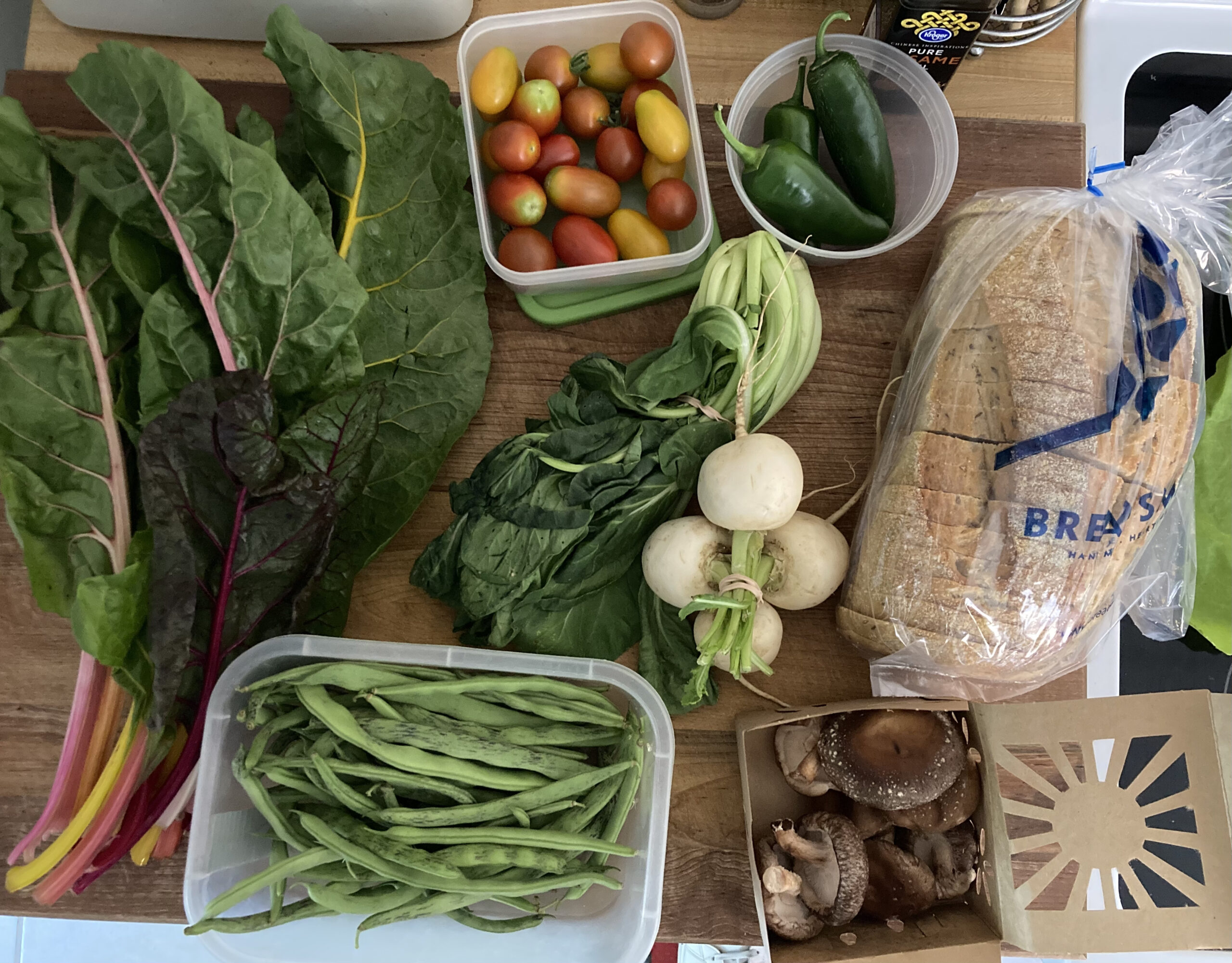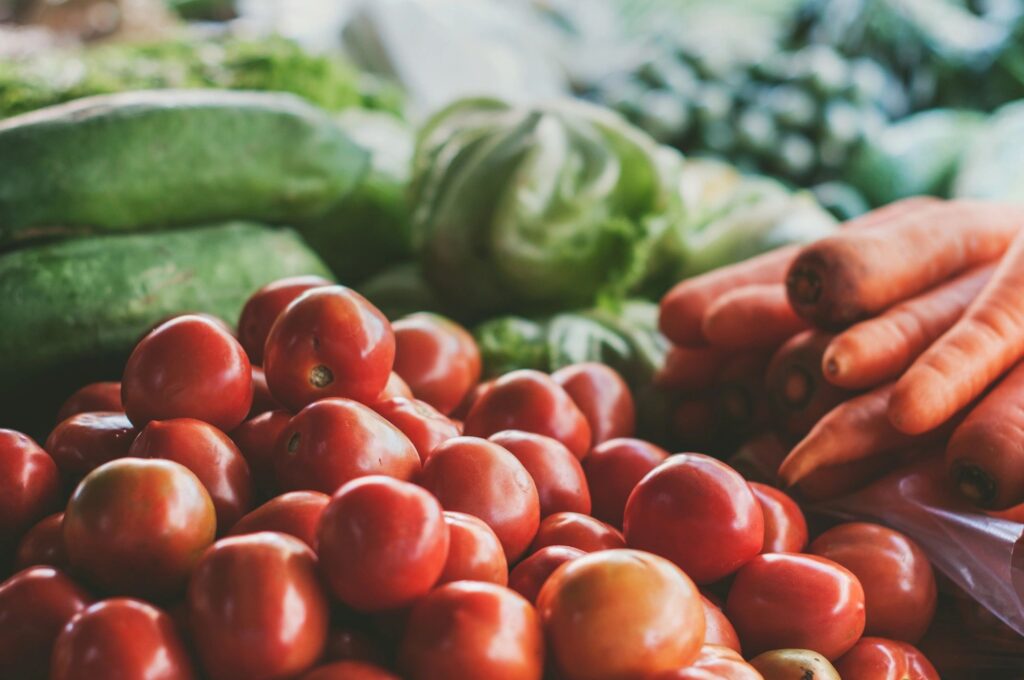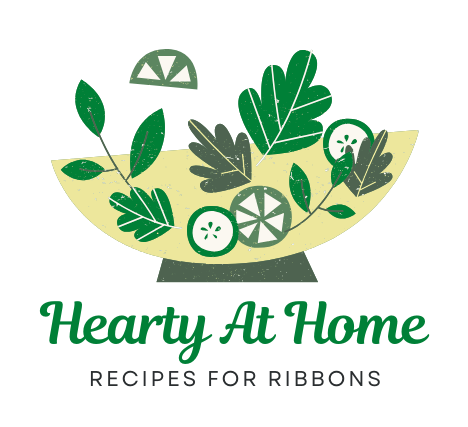Plant-Based Diets

Plant-Based Diets are commonly lumped in with recipes also labeled as “vegan,” “vegetarian,” or even “whole-food plant-based”. With all the different diet terms out there and shifting tides in the American diet, it’s important to understand what these terms mean when talking about nutrition and knowing the facts from the myths.
What are Plant-Based Diets?
According to the National Library of Medicine, a plant-based diet consists of all minimally processed fruits, vegetables, whole grains, legumes, nuts and seeds, herbs, and spices and excludes animal products, such as red meat, poultry, fish, eggs, and dairy products.
The term “plant-based” has kind of become all-encompassing to vegans to a lesser extent, vegetarians. Overall, the throughline in each of these diet terms shows an increase in the amount of plant-based foods while decreasing the amount of traditional Western diet foods being consumed (meat, animal by-products, processed foods).
However, a plant-based diet is divorced from the ethical & political concerns ascribed to vegan and vegetarian philosophies. Simply put, to be plant-based is to primarily consume non-animal products but that doesn’t mean you don’t on occasion eat an animal-based product.
A “whole-food plant-based diet” is focused on wholly unrefined or minimally refined foods. This would encourage sourcing local foods & reducing commercially produced products.
Are They Healthier Diets?
Studies suggest that plant-based diets are linked to a healthier immune system because plant foods are rich in nutritional vitamins, minerals, and antioxidants, and can reduce inflammation.
Oftentimes, people will choose a plant-based diet with the intention of preventing or managing chronic diseases such as heart disease and diabetes.
However, while there are some studies suggesting vegan and vegetarian diets may decrease the risk of cancer, there are still no conclusive results on such diets having an effect on cancer mortality.
And not all plant-based foods are inherently healthy. Much like with anything, good things come in moderation. For instance, while a sandwich cookie might not contain animal products, eating those to supplement your energy levels as opposed to fresh fruit may not be the healthiest choice.
Are They Worth It?
A healthy diet varies from person to person depending on your unique nutrition needs. Consult your doctor or a nutritionist before making major changes to your diet.
On one hand, sourcing local produce can be great for your local economy & supporting small businesses. On the other hand, fruits, vegetables, and beans can be more affordable than meats and dairy.
Plant-based diets don’t require a trip to a fancy grocery store or the farmer’s market but does require a bit of research to determine what foods are right for you.
If you’re trying out a plant-based diet, it is important to strike a good balance of whole grains, fruits, vegetables rich in fiber, natural & complete proteins such as beans and legumes, and healthy fats from nuts and seeds.

For more food for thought, you can read our article on Cancer Prevention Diets.
And be sure to check out our plant-based & vegan recipes!
More Deliciousness
If you’re looking for even more tasty recipes, keep browsing around Hearty At Home! And don’t forget to share your favorite recipes with your friends, family, and loved ones.
For instance, if you find a recipe you like, pin it to your dinner inspiration board!
We share our recipes and recipe videos on Pinterest, Yummly, Youtube, Vimeo, and Facebook.
